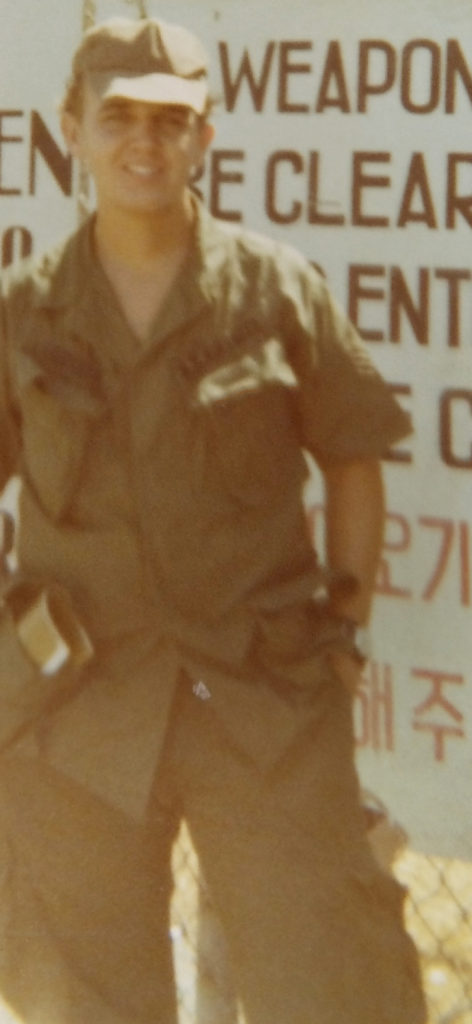
In memory of Jordan
In 2014, our daughter Jordan, age 14, complained of headaches and neck pain. Ultimately the doctors diagnosed her with mastoiditis, with a rare complication of cerebral venous sinus thrombosis (a 5% chance of that complication). The doctors then fixated on a diagnosis of migraines before, during and after shunt evaluations, placement and revisions.
In January 2015, unbeknownst to us, one doctor mentioned polycythemia vera as a possible diagnosis. He requested a hematology consult, but no action was taken. Due to the CVST, Jordan developed papilledema and required shunting due to intracranial hypertension. She was at risk of losing her vision.
Jordan suffered from headaches, nausea, vomiting, blurry vision, joint and bone aches and pains, and itching which was diagnosed as an allergic reaction to medication she had taken. Nobody looked at the bigger picture. One doctor said her issues were the result of complications due to migraines. After which, every other doctor followed suit despite the symptoms, abnormal imaging, and abnormal lab results. All of this happened over a three year period.
In February 2018, Jordan, now 17, was diagnosed with portal vein thrombosis. Her symptoms remained unchanged for three years, yet the doctors still fixated on migraines. At this point, I started doing my own online research and requested testing for polycythemia vera (PV). We were told by a hematologist that tests including a bone marrow biopsy, were not necessary as her labs were normal. They were not. She was reluctantly tested for the JAK2 mutation on February 21, 2018. Nobody read the results.
On March 4, 2018, we were told Jordan could possibly have an MPN and a bone marrow biopsy was needed. The biopsy was performed on March 5, 2018. Two days later, our Jordan passed away on March 7, 2018.
The medical community failed our daughter. We were told on March 4 they didn’t test her earlier because “this isn’t seen in children.” We told them this was no excuse not to test, diagnose and treat. Their expectations resulted in our daughter’s death. Instead of trying to find out why our daughter was sick, and doing further investigation into her MPN symptoms, they labeled her with a default diagnosis that did not fit.
Afterward, we were not told of her official diagnosis. No doctor called us. Patient Relations refused to speak to us and suggested we request our daughter’s records and have our primary care doctor review and advise. We found out six weeks after she passed away she suffered from primary myelofibrosis.
If Jordan were tested for JAK2 and or had a bone marrow biopsy in January 2015, when one doctor requested hematology do an exam because of suspicion of PV she would still be here. She could have had treatment. She could have had a stem cell transplant. Due to lack of awareness, ignorance, ego, expectation or a combination of these, she was left to suffer. We lost our beautiful daughter because they didn’t want to look beyond migraines. The sad part is that she was at a well-known level 3 tertiary care children’s hospital in southern CA.
We have now become advocates for awareness. We want doctors who see children not to be swayed by “expectation” as MPNs can affect anyone regardless of age, gender, or ethnicity. We want more research. The medical community needs to be educated. We advocate for funding. We advocate for Jordan. We are sharing her story on Facebook in the hopes of raising awareness, www.facebook.com/jordansstory .
MPN Advocacy & Education International’s Pediatric and Young Adult MPN initiative advocates for young patients. As part of that effort, we are in the process of creating a private, online, space for parents to communicate with each other and seek input from our Pediatric MPN advisors, Dr. Nicole Kucine, Weill Cornell and Dr. Linda Smith-Resar, Johns Hopkins Medicine. Click here to learn more about our Pediatric and Young Adult advocacy efforts
Click here to download MPN Advocacy & Education International’s Pediatric & Young Adult Booklet
Join Us for the 2ndAnnual Pediatric & Young Adult MPN Program on May 16 in New York City


